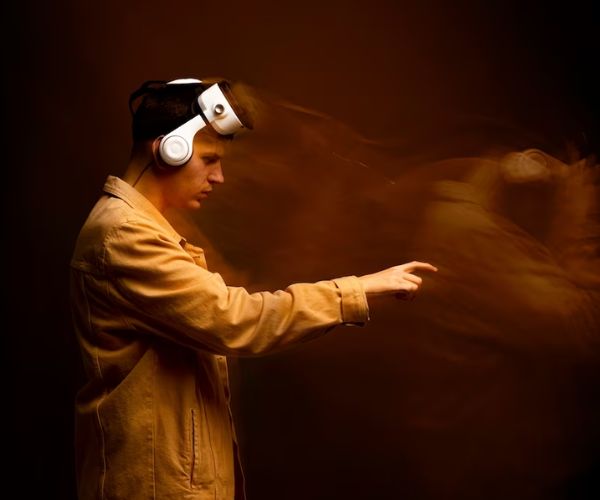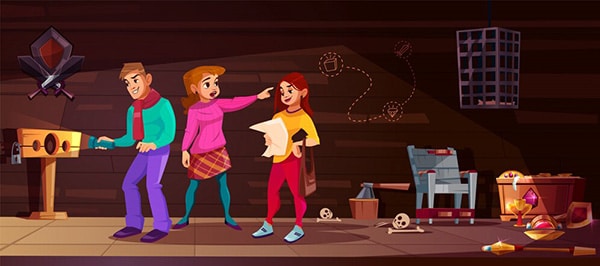Locked In or Not? Understanding the Mechanics of Escape Rooms
Escape rooms have become all the rage in recent years, offering an adrenaline-pumping blend of mystery, problem-solving, and teamwork. But what exactly are escape rooms, and why are they so popular?
Escape rooms are live-action, team-based games where players are “locked” in a room and must solve puzzles and riddles to “escape.” These immersive experiences challenge participants to think outside the box and work together. Escape rooms have become popular thanks to their unique blend of mental challenges and immersive storytelling. They offer an attractive alternative to traditional leisure activities like movies and bowling.
Entermission Sydney offers the ultimate escape room experience! We understand that life can get overwhelming, so we’ve created an immersive world where you can push your boundaries, challenge yourself, and come out feeling like a champion. From thrilling storylines to mind-bending puzzles, our state-of-the-art escape rooms will have you on the edge of your seat and give you an adrenaline rush like never before.
In this article, we’ll dive deep into the mechanics of escape rooms, exploring topics such as locks, puzzles, and clues. We’ll also address common questions and concerns about escape rooms, such as whether they’re locked and whether they trigger claustrophobia. So, without further ado, let’s get cracking!
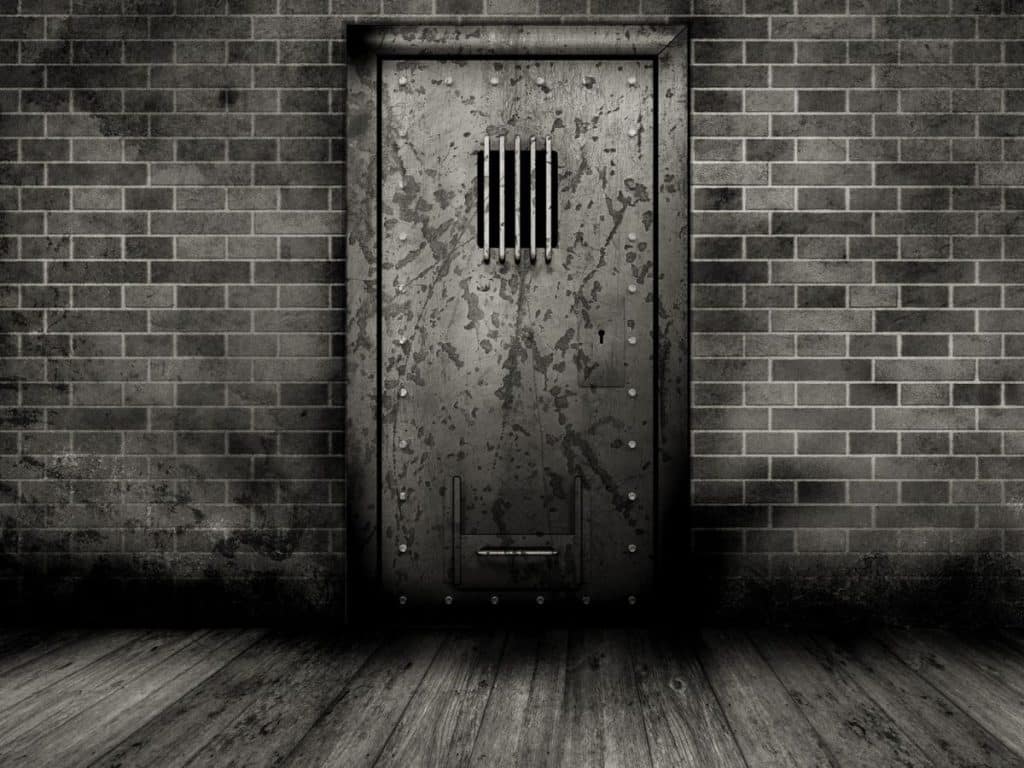
The Mechanics of Escape Rooms
Escape rooms use a plethora of locks and puzzles to keep things exciting and challenging. Some of the most common lock types include:
- Combination locks: These require players to enter a specific sequence of numbers or symbols to unlock.
- Key locks: The good ol’ fashioned lock-and-key mechanism. You need a physical key to unwind the locking mechanism.
- Electronic locks: These high-tech locks are unlocked with a code or special card.
- Magnetic locks: Usually hidden, these locks are released by activating a magnet or solving a magnetic puzzle.
The Role of Puzzles in Escape Rooms
Puzzles are the backbone of any escape room experience. They serve a dual purpose. First of all, each puzzle solved brings players one step closer to unlocking the door and escaping the room. And secondly, escape rooms are designed to be challenging and require collaboration, communication, and various skills to solve the puzzles.
The Role of Clues in Escape Rooms
Clues are critical components of escape rooms, providing players with the necessary information to solve puzzles and advance through the game. There are two main aspects to consider when it comes to clues. For starters, clues can come in various forms, such as written notes, hidden objects, or even subtle hints in the room’s design. And finally, players must be observant and resourceful, piecing together the clues to unlock the secrets of the escape room.

Are Escape Rooms Locked?
Now for the million-dollar question: “Are you actually locked in an escape room?” The answer is both yes and no. Let us explain.
Escape rooms aim to create a thrilling, immersive experience for players. The idea of being “locked” in a room adds to the excitement and encourages players to engage with the game fully. However, escape rooms aren’t actually locked. The door may be closed or appear locked, but it’s typically designed to open quickly in an emergency.
Escape rooms prioritise player safety, and they incorporate various safety measures. The list includes:
- Fire safety
- Emergency exits
- Communication devices
How Long Are You Locked in an Escape Room?
Most escape room experiences last around 60 minutes, giving players ample time to immerse themselves in the story and solve the puzzles. Several factors can influence how long players spend in an escape room. Let’s walk you through the fundamentals:
- Number of puzzles to solve: More puzzles generally mean more time spent in the escape room.
- Complexity of the puzzles: If puzzles are particularly challenging, players may take longer to solve them.
- Number of participants in the group: A larger group may solve puzzles faster due to the variety of skills and perspectives present. However, too many participants can also hinder progress if communication becomes difficult.
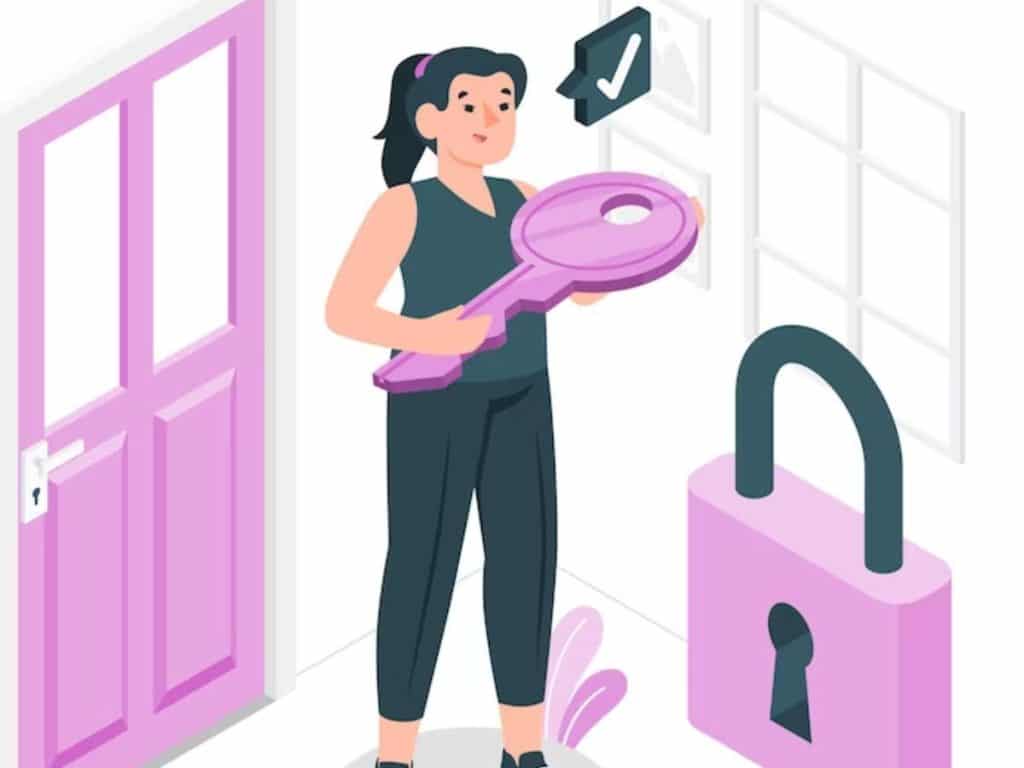
Can You Leave an Escape Room Whenever You Want?
Each escape room has its own set of rules and guidelines. Generally, players are encouraged to stay in the room for the duration of the game to fully experience the story and challenges. Leaving an escape room early may have consequences, such as disrupting the game for other players or forfeiting any progress made. Additionally, some escape rooms may not offer refunds for early departures. However, there are circumstances when leaving an escape room early is permitted. The list includes:
- Medical emergencies
- Personal emergencies
- Experiencing severe discomfort or anxiety
Do Escape Rooms Trigger Claustrophobia and Anxiety?
Claustrophobia is the fear of confined spaces, while anxiety is a feeling of unease or worry that can manifest in various ways. The enclosed nature of escape rooms and the pressure to solve puzzles within a time limit can potentially trigger claustrophobia or anxiety in some individuals. Consider the following strategies to help manage these conditions:
- Talking to the game master beforehand: Inform the game master of any concerns or special accommodations needed.
- Using breathing exercises and visualisation techniques: Practice calming techniques to help reduce anxiety during the game.
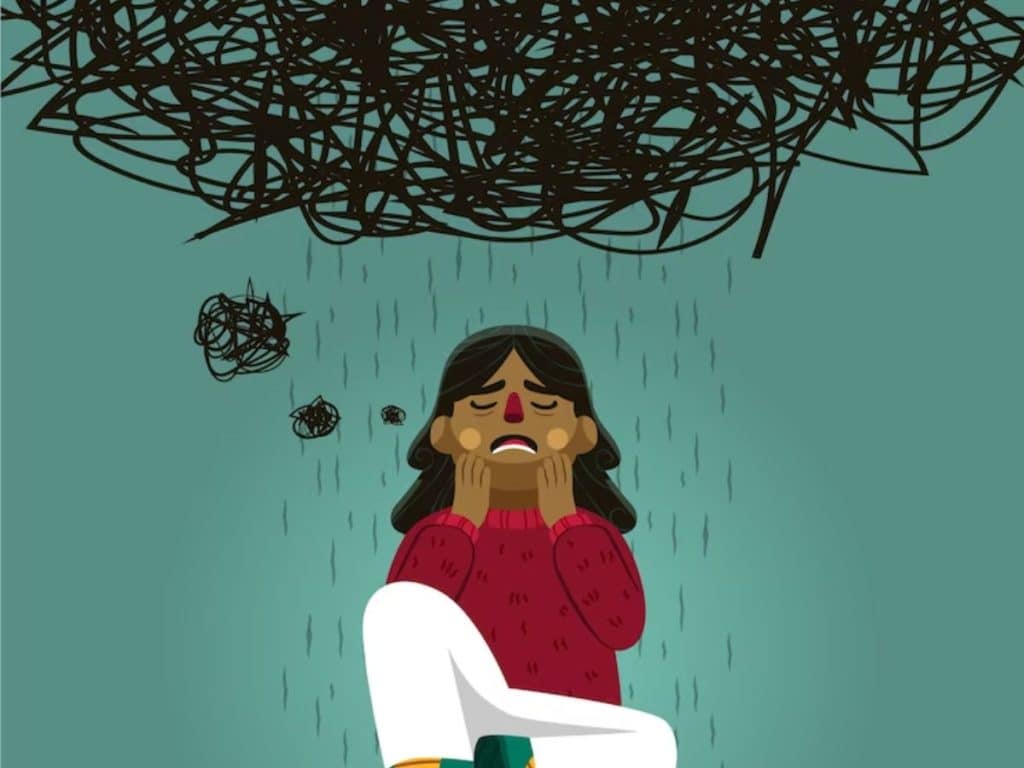
What is the Fear of Escape Rooms Called?
There isn’t a specific term for the fear of escape rooms, but it may fall under the umbrella of claustrophobia or anxiety related to confinement and time pressure. Some factors that can contribute to the fear of escape rooms include:
- Past traumatic experiences
- Pre-existing anxiety or claustrophobia
- Fear of the unknown or unfamiliar situations
- Overcoming the fear of escape rooms
To overcome the fear of escape rooms, consider the following:
- Gradual exposure: Start with less intense, more open escape room experiences and gradually work up to more challenging ones.
- Seeking professional help: If the fear is particularly debilitating, consult a mental health professional for guidance and support.
Are Escape Rooms Claustrophobic?
Escape rooms vary in size and design, with some offering more open spaces and others featuring tighter confines. While some escape rooms may trigger claustrophobia, others may not. If you’re concerned about claustrophobia, consider the following tips:
- Choose escape rooms with larger, more open spaces.
- Bring a trusted friend or family member for support.
- Use calming techniques and communicate with your team if you start to feel overwhelmed.
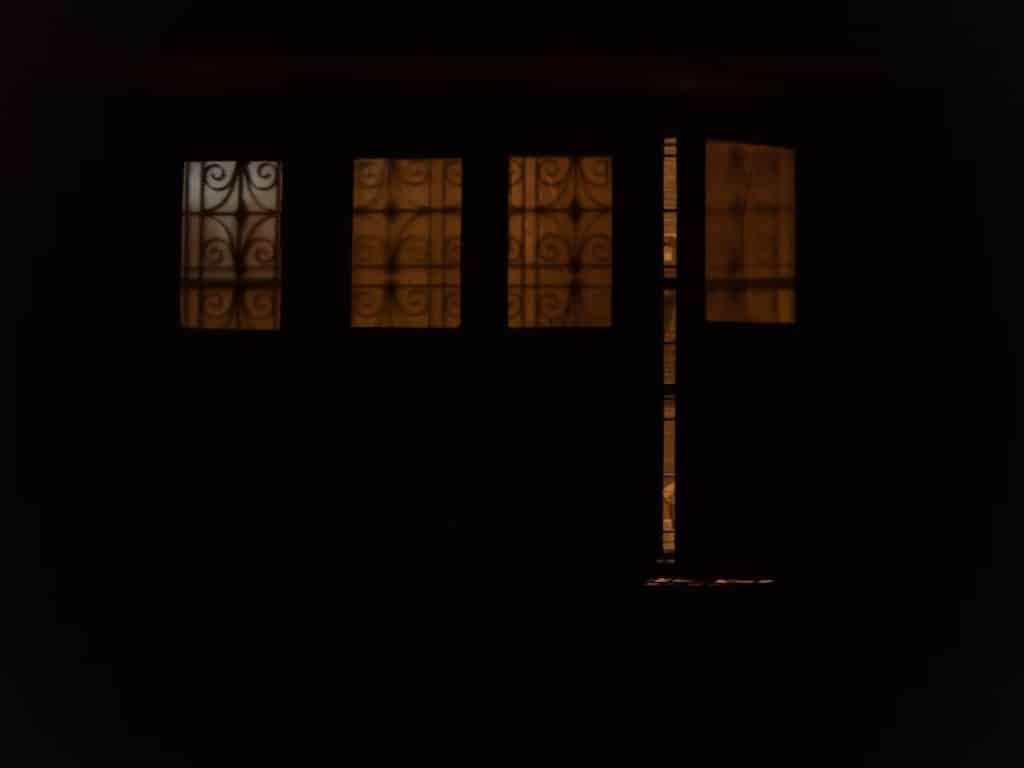
Final Thoughts on Escape Rooms and Their Mechanics
Escape rooms offer a unique, engaging experience that challenges both the mind and the spirit of teamwork. While they can be intense and, in some cases, trigger anxiety or claustrophobia, there are strategies and accommodations available to ensure that everyone can enjoy the experience.
If you haven’t tried an escape room yet, it’s time to take the plunge at Entermission Sydney. Our cutting-edge virtual escape rooms offer a one-of-a-kind adventure that will leave you breathless and craving more. With immersive storylines, mind-bending puzzles, and state-of-the-art technology, Entermission Sydney guarantees an unforgettable experience you won’t want to miss.
Experience the thrill of teamwork, test your problem-solving skills, and create lasting memories as you race against the clock in the most immersive escape rooms Sydney has to offer! Take the Leap: Book Your Entermission Sydney Adventure Today!
FAQ
How Long Are You Locked in An Escape Room?
Time flies when you’re having fun, right? Well, my friend, the typical escape room experience lasts about 60 minutes – a whole hour of non-stop fun and excitement! However, don’t worry if you’re a puzzle-solving genius or if you find yourself stumped. The duration may vary depending on puzzle complexity and group size.
Do Escape Rooms Actually Lock You in?
Ah, the million-dollar question! While escape rooms are designed to give you the thrilling feeling of being locked in, in reality, you’re not actually locked inside. Most escape rooms simulate a locked environment. But they also prioritise your safety. So, rest assured! You’ll be in a secure and controlled environment as you crack those mind-bending puzzles!
Can You Leave an Escape Room Whenever You Want?
Well, technically, yes – but where’s the fun in that? Escape rooms are meant to be immersive experiences, so it’s best to stay and enjoy the challenge. However, if you have an emergency or feel too uncomfortable, most escape rooms do have provisions for you to leave early. Just remember, leaving early might disrupt the game for others and could result in forfeiting your progress.
Do Escape Rooms Trigger Claustrophobia or Anxiety, And Are They Good for People with These Conditions?
Well, that depends! Some escape rooms might be more confined than others, which could potentially trigger claustrophobia or anxiety. On the flip side, there are plenty of escape rooms with more open spaces and less-intense themes. The key is to find the right one for you. And hey, if you’re ever feeling overwhelmed, remember to communicate with your team and use those calming techniques!
What Is the Fear of Escape Rooms Called?
While there isn’t a specific term for the fear of escape rooms (yet!), it might fall under the category of claustrophobia or anxiety related to confinement and time pressure. But don’t let that scare you off. With the right strategies and support, you can conquer your fears and enjoy the exciting world of escape rooms!
Are Escape Rooms Claustrophobic?
Well, that’s a bit like asking if ice cream is too cold – it all depends on your perspective! Escape rooms come in all shapes and sizes, with some being more open and spacious than others. If you’re worried about claustrophobia, make sure to choose an escape room with larger spaces and bring along a supportive friend or family member. You’ve got this!



